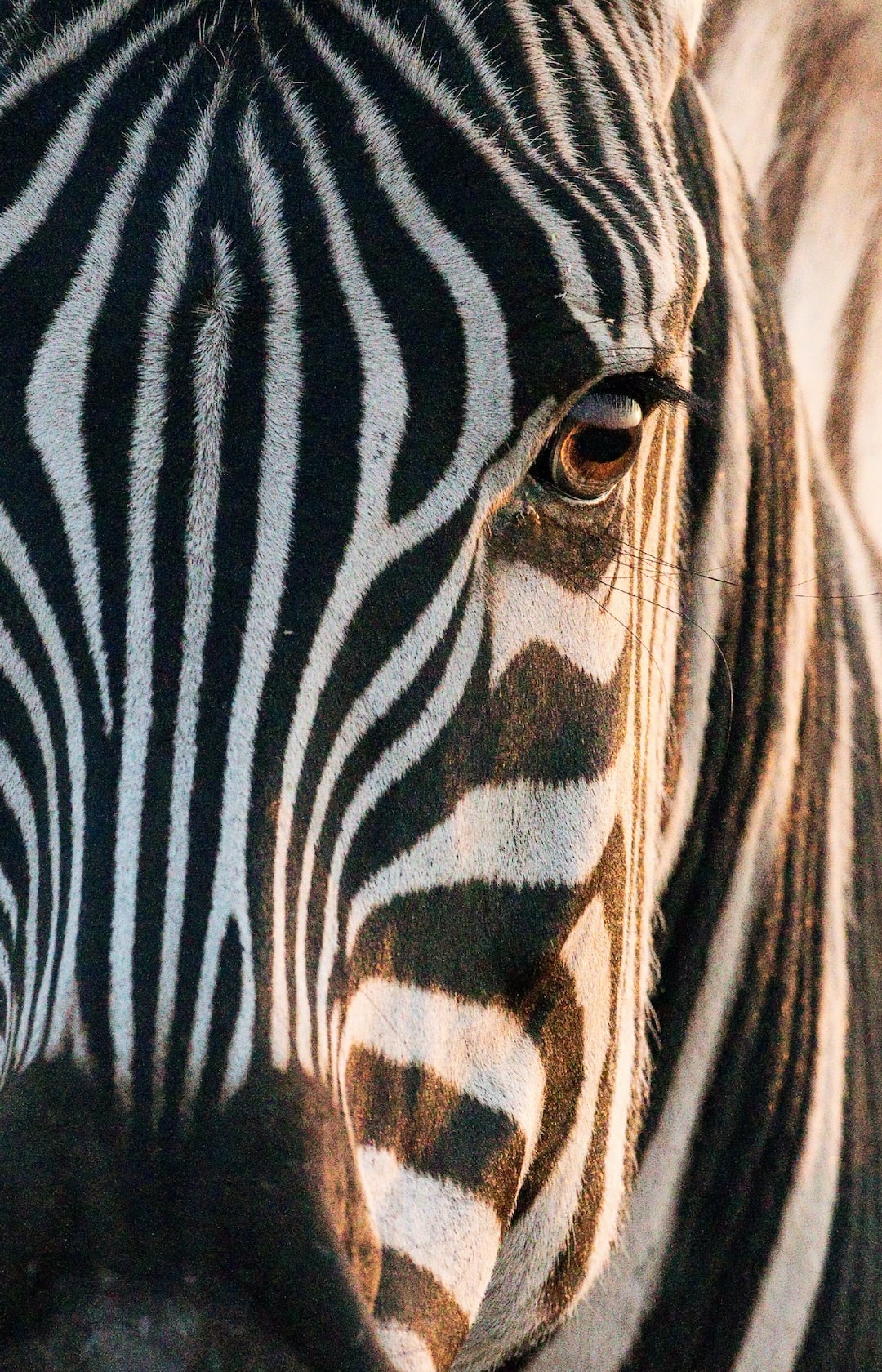From Tortoises to Hawks: Longest-Living Animals on Earth
The Earth is teeming with a vast array of animal species, each with its own unique lifespan. While most creatures on the planet have relatively short lifespans, there are a select few that far exceed the average. From the majestic Galapagos tortoise to the swift-flying albatross, let’s delve into the extraordinary world of the longest-living animals on Earth.
Topping the list is the Galapagos tortoise, known for its remarkable longevity. Found exclusively in the Galapagos Islands, these tortoises can live well over 100 years, with the oldest recorded individual reaching a ripe age of 152. Their slow-paced lifestyle and low metabolic rate contribute to their longevity, as they conserve energy and require less food compared to other animals of similar size.
Another fascinating creature renowned for its lengthy life is the bowhead whale. These massive marine mammals boast one of the longest lifespans among mammals, with some individuals living for over 200 years. They owe their longevity to their remarkable adaptations, including a thick layer of blubber that insulates them from the cold Arctic waters and helps them store energy during lean times.
Moving away from land and sea, we encounter the albatross, an incredible bird renowned for its majestic flight and endurance. Albatrosses are known to live for several decades, with the Laysan albatross holding the record for the longest-lived bird. Named Wisdom, this remarkable albatross hatched her first egg at the age of 62 and is still going strong today, demonstrating the extraordinary lifespan of these seabirds.
In the reptilian realm, we find the Aldabra giant tortoise, native to the remote Aldabra Atoll in the Indian Ocean. These tortoises can live for over a century, with some individuals surpassing the 150-year mark. Their slow metabolism and ability to survive without food or water for extended periods contribute to their astonishing lifespan.
While these animals have evolved incredible strategies for longevity, human intervention and habitat loss pose significant threats to their survival. Conservation efforts are crucial to safeguard their populations and preserve the delicate balance of ecosystems they inhabit.
Studying these long-lived animals provides insight into the basics of aging and can offer valuable lessons for human longevity research. By understanding the mechanisms that allow these animals to live such long lives, scientists can potentially discover ways to extend human lifespan and improve the quality of life in our later years.
From tortoises to hawks, the longest-living animals on Earth have captivated us with their remarkable lifespans. As we strive to protect and understand these extraordinary creatures, let us also recognize the importance of cherishing every moment we have and ensuring a sustainable future for all inhabitants of this beautiful planet.
